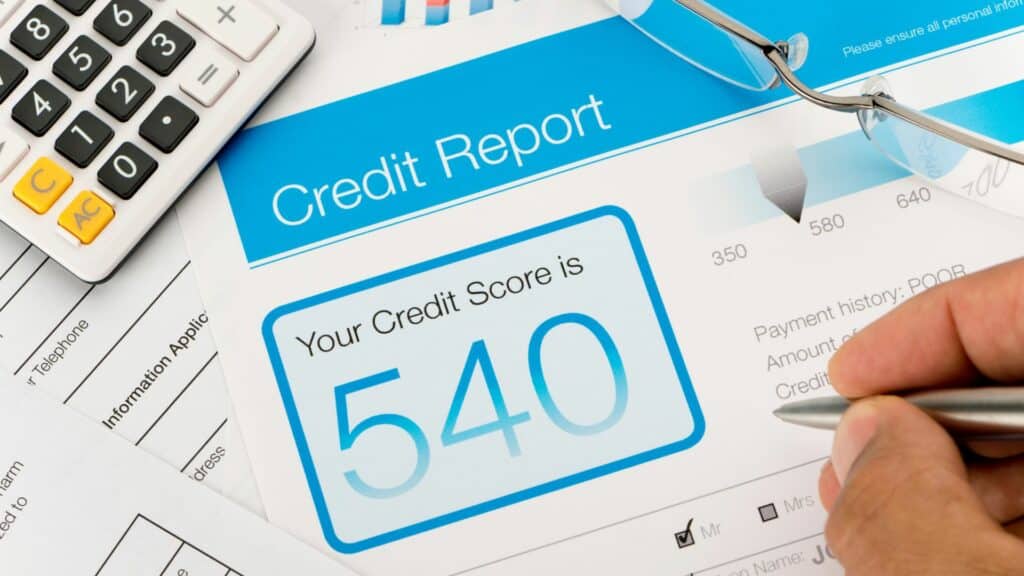
Credit scores are more than just a number – they can be the key to unlocking future goals and dreams. Whether you're planning on buying a house, taking out a loan, or simply want to save money on insurance rates, having an excellent credit score is essential.
But what exactly is a credit score and how do you get one? To learn more, keep reading because we'll go through the basics of credit scores, how to improve yours, and why they're so important.
Your credit score, commonly referred to as a "credit rating" or "credit report," is a summary of how you manage your finances and debts and provides information to lenders about your likelihood of making timely and full repayments.
In Australia, credit ratings are expressed as a number between 0 and 1000, with higher numbers signifying better credit. This information is also beneficial. These figures can be used to determine the kind of credit products you have access to as well as the interest rates you will be required to pay. Lenders, however, often view a score of above 700 as being good.
It's also important to remember that credit scores are not the only factor in getting approved for loans - other elements such as income and employment can also affect your ability to access credit.
Knowing your credit score is essential when it comes to making any major financial decisions. You can easily access your credit report from the three main credit reporting organisations in Australia: Equifax, Experian and illion.
Every three months, or if they have been denied credit during that time period, enquirers are legally entitled to receive a free copy of their credit reports. You might have to pay a price if you need to see your reports outside of the free service.
Having a good credit score is no joke - it can make or break your ability to access financial products such as loans, mortgages and even mobile phone contracts. But how exactly is your credit score calculated?
Credit scores are determined by a range of factors, including the following:
Furthermore, credit ratings range from low or below average to excellent. To keep you familiar, we've put together a handy guide to the credit ratings assigned by Australia's credit reporting organisations. (source: Forbes)
Equifax
Experian
illion
If you're looking to improve your credit score, here are some tips to get you started on the journey.
Having a good credit score has become increasingly important in modern society. It affects everything from your ability to get approved for a loan or a new credit card to the interest rate you pay on those loans. A good credit score can save thousands of dollars in the long run, allowing you to make smart financial decisions and invest your money more effectively.
Good credit can also strongly indicate your overall financial health, as it reflects how responsibly you manage your debts and other commitments. In short, having a good credit score should be taken seriously!
Sometimes you may feel lost in the waves of financial information available and need a helping hand to steer things back on track. A reputable financial planner is an invaluable asset at times like these - they can help assess your current financial situation and provide advice that best suits your needs. With their expert knowledge, you can rest easy knowing that your finances are in safe hands. So don't be afraid to reach out to a professional if you ever find yourself in a financial pinch - they'll help get you back on the right path.
